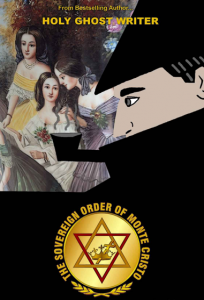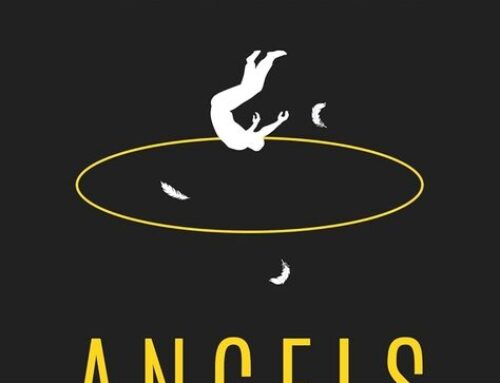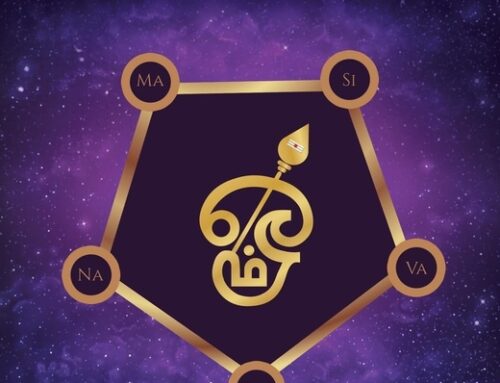 Sherlock Holmes is smoking pot with Watson, as they discuss his friend Arthur Conan Doyle. And then Holmes retells the story of The Count Of Monte Cristo.
Sherlock Holmes is smoking pot with Watson, as they discuss his friend Arthur Conan Doyle. And then Holmes retells the story of The Count Of Monte Cristo.
If this isn’t confusing enough, this classic tale is then ” retold” for a good 30% of the book, with small changes here and there. It isn’t written in any particular Dumas or Doyle style, although it tries to do both at certain points. It seems to be an intentional dumbing-down of a public domain novel many modern-day readers would have lazily skipped over as it’s so “long and boring”, to garner kudos for the writer exploiting that very idea – and furthermore, many who do not know the original story may find it impossible to tell what actually is changed here. So does this mean a generation of readers will never know the original book? Does it matter? I think it does.
Reviews on Amazon and Goodreads are unnaturally five-star and enthusiastic to the point of epiphany about this novel. The only explanation to me is that this retelling is easy to digest, as this remains a classic and wonderful story – but it is not a story by this author, and therefore, for me, borders into a strange place of plagiarism and opportunistic writing for props undeserved. It’s not terrible – because Dumas isn’t terrible, but by losing all of the writing talent of the original, it’s terse and bare for me.
And furthermore, the Holmes/Watson parts between chapters explain plot points to the audience, like one of those old school TV shows that spell it out, or some kind of odd Cliff Notes on Dumas with Watson and Holmes as the presenters.
“THIS MAN WAS A GENIUS!” Watson exclaims.
“Yes he certainly was,” replied Holmes. ” And this isn’t even half of it.”
“I see what he’s doing. He’s helping people with their problems but instead of monetary payment, he’s exacting favors to inevitably take out his revenge on those responsible for his torture!”
“A very wise man who has thought long and hard about what he wants to do at each step along the way. Nothing he has done has been foolhardy. He has thought it all out.”
The story goes on where Dumas (mercifully) ended, to unreal heights of fantasy, with characters from all kinds of books popping in and out, on a somewhat stoner-esque trip, ending with a preview of Book IV, the entrance of Abraham Lincoln, with Dantes, Holmes and Lincoln hooking up to abolish slavery. I’m all for blurring the lines of fiction, and books such as “Jane Slayre” (” Reader, I buried him”.) or “Abraham Lincoln: Vampire Hunter” do this beautifully.
I see value in the sequel writing here, and there are some fun ideas such as bringing in other fictional characters and friends of Dantes, but to be honest, the first part of the book is not well done and to me just ruins Dumas, as it doesn’t condense the work correctly or with a proper style nod to the original, and further, doesn’t find its own style either. It’s not done in the way Wide Sargasso Sea is for example, and just doesn’t channel the voices of the original era, as in Cloud Atlas.
There is an incredible online effort to hype this book as written by a bestselling author, disguised as The Holy Ghost Writer, and talk on the Amazon page of a big cash prize if you can identify him. I can’t see this could be true as the writing is not worthy of a professional high-caliber author. I may be made to eat my words, but I think I am looking at a lot of paid advertising for a work that, although is huge on effort and time, doesn’t stand up to the publicity drive.
The book has some value for a young or inexperienced reader who struggles with the classics and wants literary chops, but to me there’s no short cuts with reading, and half the battle should be the task of wading through the intense beauty used in Dumas’ writing.
So on this occasion, the book doesn’t seem worthy of the strangely ovational reviews it’s been receiving and to me, there is something morally deficient when an author who is claiming to be a famous writer takes a public domain classic and uses that as a springboard for sales. I feel strongly I need to say I just don’t buy this book, its concept or its author. It just all seems thoroughly dishonest.
Links
Amazon
Barnes & Noble
Get an Editorial Review | Get Amazon Sales & Reviews | Get Edited | Publish Your Book | Enter the SPR Book Awards | Other Marketing Services






















Leave A Comment